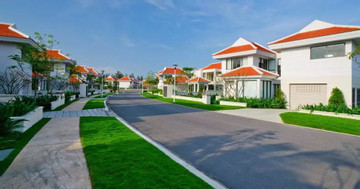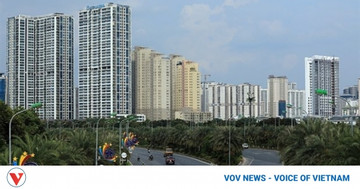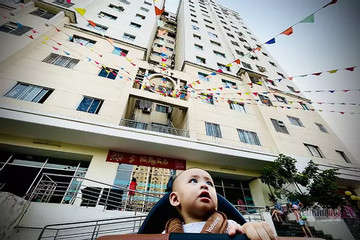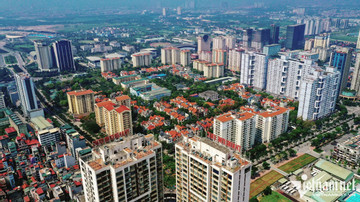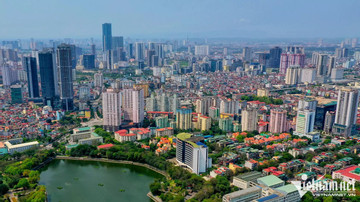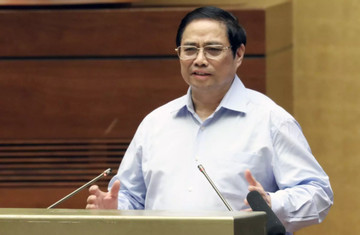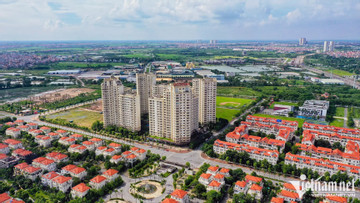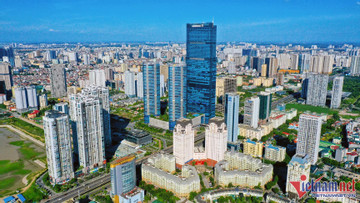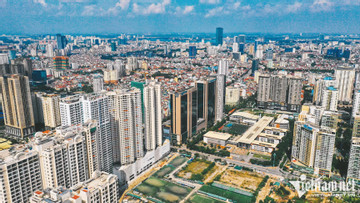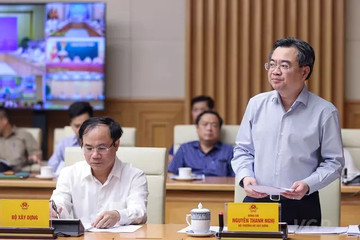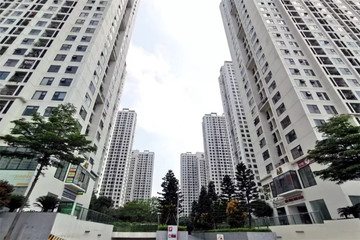- © Copyright of Vietnamnet Global.
- Tel: 024 3772 7988 Fax: (024) 37722734
- Email: evnn@vietnamnet.vn
real estate market
Update news real estate market
Demand for logistics real estate increases sharply: Savills Vietnam
Vietnam’s logistics industry is developing strongly thanks to the growth of the e-commerce industry, according to Savills Vietnam.
Real estate market is gaining balance: ministry
The real estate market of Vietnam showed signs of recovery and more balanced development in the second quarter of this year with increases in the number of successful transactions of apartments, houses and land.
Experts warn of hot growth, oversupply of resort real estate
The massive development of resort real estate has led to an oversupply in the market.
Property, fishery sectors face hardship as credit chokes
At a government-to-business conference held yesterday, representatives of business associations expressed their concern over being unable to access bank loans as banks are running out of credit growth quotas.
Apartment prices rise, people seek houses in small alleys
As apartment prices have been increasing rapidly, many people with limited financial capability want to buy small houses located in alleys.
Villas, houses left abandoned, but prices still sky high
Many suburban villas and houses have been left unused for tens of years with overgrown patches of grass overgrown. But prices are still very high.
Land, house prices ease, transactions on the rise
The prices of land and houses have been leveling off in most localities, according to the Ministry of Construction (MOC).
M&A deals light up property market in first half of 2022
Since the beginning of the year, the real estate market has seen an uptick in merger and acquisition (M&A) activity, including office, residential, and industrial projects.
Search for apartments falls due to proposed cap on ownership term
Many buyers have become less interested in apartments after hearing that the Ministry of Construction (MOC) has proposed the setting of a cap on the term of apartment ownership. Despite this, apartment prices remain high.
Banks become choosier about clients, real estate prices escalate
Experts say buying houses now, especially good projects, will help people optimize their credit and price advantages.
Apartment prices continue to rise because of supply shortage
Apartment prices in Hanoi have been increasing, now hovering around VND40 million per sq m.
Banks more cautious with home loans
Many banks have so far not only closed their doors to real estate development borrowers but also restricted loans to home buyers.
Many localities reserve the best land plots for real estate projects: PM
Prime Minister Pham Minh Chinh stressed that land needs to be used in the right way to create value and jobs, and that real estate development must not be the priority.
Suburban real estate prices fall, investors suffer losses
The real estate prices in city neighborhoods have decreased, causing big losses to investors.
Land Law needs amendments to ensure better lives for displaced residents: expert
Prof Dang Hung Vo said Vietnam is taking a step forward with the policy that the lives of people whose land is taken back by the state to make room for investment and development projects must be equal or better than they were before.
Realtors scale down business, house prices unlikely to fall
Having been dealt many blows, real estate firms have changed their business strategies and scaled down operations.
Restrict credit for real estate projects in a reasonable, flexible way: PM
Prime Minister Pham Minh Chinh, at a conference on the real estate market held recently, affirmed that Vietnam will not tighten real estate credit in an unreasonable or rigid way.
Very few apartments priced below VND25 million/sq m in large cities: Ministry
Minister of Construction (MOC) Nguyen Thanh Nghi said real estate prices continue to rise. Very few affordable housing products exist in Hanoi and HCM City.
Apartments lose appeal as MOC sets cap on apartment ownership term
People may be reluctant to buy apartments if the Ministry of Construction’s (MOC) proposal on setting a cap on apartment ownership term at 50-70 years is approved. Instead, they will seek to buy houses on land plots.
Complicated procedures discourage industrial real estate developers
As of early 2020, Vietnam had 335 industrial zones, of which 260 were operational with an occupancy rate of 75.7 percent.


